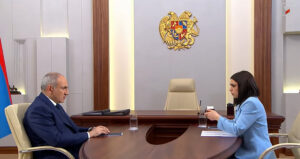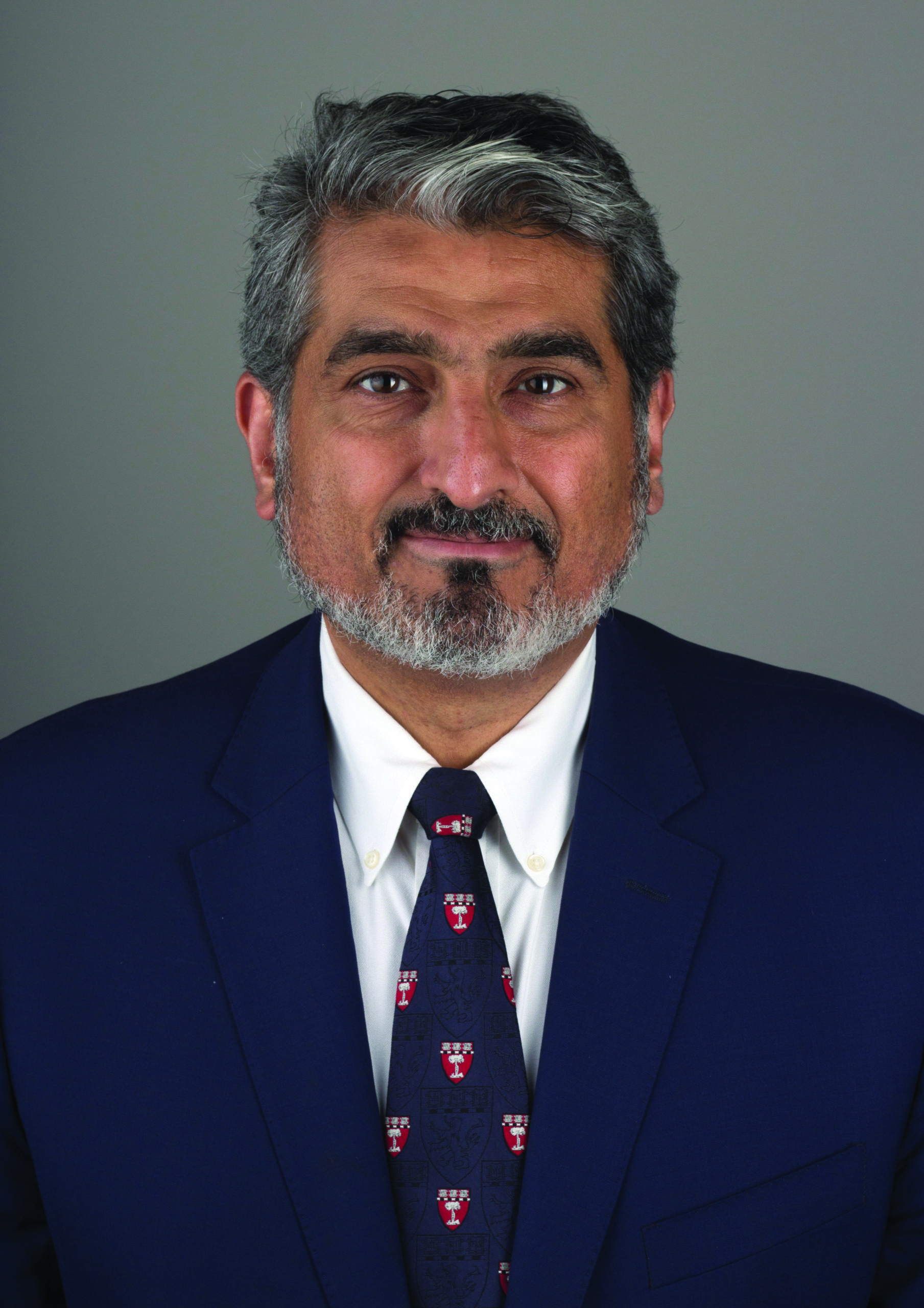Over the past six years, Armenia’s Prime Minister Nikol Pashinyan has crafted a leadership style marked by the dissemination of lies, misinformation and deflections and the calculated dismantling of Armenia’s sovereignty. Amid his denigration of national identity, diplomatic failures and military blunders, Pashinyan has relentlessly blamed others for the colossal losses suffered by the Armenian nation. A recent example of this behavior was his wholesale dismissal of several government officials, including members of parliament from his party, who are elected by the population. He is running out of pawns to reshuffle from one position to another without rhyme, reason or experience other than loyalty. Much of the population views him as a foreign asset whose policies and rhetoric have destabilized the country.
Pashinyan’s most egregious offense is his disregard for Armenia’s historical and cultural heritage. His controversial statements regarding the Armenian Genocide have shocked the nation and Diaspora alike. In remarks condemned by the Lemkin Institute, Pashinyan appeared to align with Turkish denialist narratives and subtly suggest that Armenians bore responsibility for the Genocide due to their political miscalculations. Such statements undermine Armenia’s long-standing moral and legal claims for justice and embolden Turkey and Azerbaijan in their ongoing aggression against Armenia.

Adding to this insult, Pashinyan has dismissed the importance of historical terminology, equating Western Armenia — lands lost to genocide — with Azerbaijan’s fabricated concept of “Western Azerbaijan.” His comparison legitimizes Azerbaijani territorial claims and undermines Armenia’s sovereignty. Pashinyan appears willing to compromise national interests to appease foreign powers. Pashinyan has also ridiculed key Armenian symbols, including the lion on Armenia’s coat of arms and the national anthem, while suggesting a revision of military and historical terminology to distance the nation from its past. These actions form a troubling pattern of eroding Armenia’s national identity under the guise of modernization.
Under Pashinyan’s leadership, Armenia has suffered devastating military losses, most notably in the 2020 war in Artsakh. Instead of assuming responsibility, Pashinyan has consistently deflected blame onto the military establishment and former governments. His mishandling of military alliances and affairs, including inadequate preparation, has left Armenia vulnerable to further aggression. Pashinyan’s concessions in peace negotiations with Azerbaijan have further compounded Armenia’s losses. His willingness to entertain a one-sided peace treaty and his reluctance to prioritize the return of Armenian prisoners of war have sparked outrage among citizens and opposition leaders alike. These failures illustrate an alarming readiness to capitulate to foreign demands.
By denigrating Armenia’s historical legacy and suppressing dissent, Pashinyan has not only failed to protect the nation but has actively contributed to its decline.
The prime minister relies on aimless armament procurement policies without fostering a coherent military doctrine or goodwill in negotiations. Pashinyan’s foreign policy has left Armenia increasingly isolated on the global stage. His government’s deliberate distancing from Russia and other regional allies, without securing actual commitments from other powers, has jeopardized Armenia’s national security. Some analysts argue that Pashinyan’s pivot toward Western allies has made Armenia a pawn in the geopolitical rivalry between the West and Russia.
The influx of foreign funding for Armenian NGOs also influences Armenian politics, demonstrating how his administration prioritizes the interests of external entities over national sovereignty. Pashinyan’s dismissive attitude toward the Armenian Diaspora, meanwhile, has created deep rifts within the global Armenian community. In a meeting with diaspora Armenians, he questioned the traditional view of the Diaspora as a crucial pillar of Armenia’s survival. Such remarks alienate a vital source of financial and political support at a time when Armenia faces existential threats. The prime minister’s unprepared speeches and offhand remarks have further strained relations with the Diaspora and undermined his credibility as a leader.
Pashinyan’s administration has employed lies and propaganda to maintain control amid growing dissent. Opposition members of parliament have criticized the government’s false claims that protest movements are funded by foreign entities. Pashinyan’s public statements often contradict Armenia’s national interests and deepen domestic divisions, leaving the country in a perpetual crisis. His tenure as prime minister has been characterized by a relentless pattern of lies and betrayal. His policies have weakened Armenia’s sovereignty, compromised its security and alienated its people. By denigrating Armenia’s historical legacy and suppressing dissent, Pashinyan has not only failed to protect the nation but has actively contributed to its decline.
For Armenia to reclaim its dignity and stability, it must look beyond Pashinyan’s divisive leadership and embrace a vision with clear definitions of statehood and the Armenian nation, accountability, economic and military strength, a national value system and self-determination. The Armenian people deserve a government that prioritizes their interests and safeguards their future.



Be the first to comment